Premise

Premise
Before judging whether there is a Creator of this universe or not, it is essential to state that if proof means visible evidence, then there is none and there cannot be any. If He exists, He has never appeared before us to say, “Here I am, your Creator,” and undoubtedly, He never will. Because if He did, this special creation called humans would become meaningless; we would just be another creation like trees, stones, elephants, or horses. Secondly, even if our belief is the matter, it is not necessary for Him to appear before us to give visible proof. Because if He is the omnipotent Creator, He could make the entire world believe in Him at this moment without being seen. There would be no need for Him to appear before us. This proves that if a Creator exists, He does not want to bring belief in His existence into our minds by appearing before us or by will. He wants to see if the one creation He endowed with intellect, reason, and understanding can perceive Him through those faculties rather than through vision. For this reason, He has given countless signs and arguments. He has endowed humans with the power to infer that if there is smoke, there must be fire. Now we must see if there are such proofs of the Creator's existence.
to give visible proof. Because if He is the omnipotent Creator, He could make the entire world believe in Him at this moment without being seen. There would be no need for Him to appear before us. This proves that if a Creator exists, He does not want to bring belief in His existence into our minds by appearing before us or by will. He wants to see if the one creation He endowed with intellect, reason, and understanding can perceive Him through those faculties rather than through vision. For this reason, He has given countless signs and arguments. He has endowed humans with the power to infer that if there is smoke, there must be fire. Now we must see if there are such proofs of the Creator's existence.
Another point—discussing the existence of the Creator in detail would require writing book after book, and that is not my intention. I will mention only a few fundamental reasons and arguments here, which should be sufficient for an open-minded person. Those who will not be convinced by this will not be persuaded even by thousands of books and countless arguments.
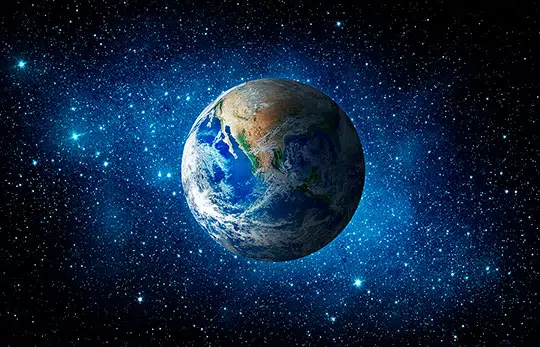
Firstly, if we go to the root of the argument—if there is smoke, there must be fire—then since there is creation, a Creator is inevitable. Yet, let’s proceed further and naturally move through creation. Humans are still ignorant of how the universe was created, though scientists have several theories like the Big Bang, Steady State, and Oscillating theories. But none of these have been proven, and scientists themselves are not in agreement. However, regardless of the disputes, it is undeniable—and they have acknowledged—that at the beginning, there are only two possibilities for the creation of this universe. Since it has been created and exists, one of these two possibilities must be true—there is no third possibility. One is that this vast creation happened by itself accidentally, and the other is that it was planned.
Let us first examine the concept of accident. According to this theory, the void [they cannot analyze what space is] was filled only with gas and dust. They cannot explain where this gas and dust came from; they merely say it existed beforehand. For argument’s sake, let’s accept that it existed before—although the question remains of how it was created without a Creator. Anyway, from these materials, the creation of the universe began and, through countless accidental events over billions and trillions of years, reached its current state. There are many disagreements among scientists about what events led to this stage. According to the theory of accident, everything that has been created from billions of years ago to today has happened without any plan—because if there were a plan, there must be a Creator. But before moving on, we must understand one more thing. These accidental events did not happen randomly whenever or wherever. They had to occur sequentially. If an accidental event had not occurred exactly when it did, humans and other creatures would not exist; life might never have begun. So, these accidental events happened and happened in sequence. The number of such accidental events is countless. Now, let’s see how probable this is. Take ten identical round discs, like coins, and number them from one to ten. These discs represent only ten of the countless accidental events and their sequence. Put the ten discs in your pocket, shuffle them, and then draw one disc blindfolded. The disc could be any number from one to ten, and the probability of drawing the disc numbered one on the first try is one in ten (1:10). Suppose you draw the disc numbered one on the first try. Then, if you shuffle the discs and draw another one, the probability of drawing the disc numbered two on the second try is one in a hundred (1:10x10=100). Similarly, the probability of drawing the disc numbered three on the third try is one in a thousand (1:100x10=1000). So, drawing the discs in sequence from one to ten in ten tries has a probability of one in ten billion (1:10000000000).
of the countless accidental events and their sequence. Put the ten discs in your pocket, shuffle them, and then draw one disc blindfolded. The disc could be any number from one to ten, and the probability of drawing the disc numbered one on the first try is one in ten (1:10). Suppose you draw the disc numbered one on the first try. Then, if you shuffle the discs and draw another one, the probability of drawing the disc numbered two on the second try is one in a hundred (1:10x10=100). Similarly, the probability of drawing the disc numbered three on the third try is one in a thousand (1:100x10=1000). So, drawing the discs in sequence from one to ten in ten tries has a probability of one in ten billion (1:10000000000).
We used just ten symbols to represent countless accidental events, and already the probability is so minuscule. If we consider billions, it would show that the likelihood of creation happening accidentally is one in an infinite number, meaning virtually impossible. Now, if one of the two possibilities is impossible, we must accept the other, which is that it was planned, and planning implies a Creator. There is no third theory possible. This same calculation can be done in reverse. Just as countless accidental events occurring in sequence have brought us to our current state, countless other accidental events could have disrupted everything. But not a single such event occurred. For instance, if the ice at the North and South Poles had melted, scientists say the entire world, except the mountains, would have been submerged. It could have happened, but it didn’t.
So, from a mathematical standpoint, there is proof of the Creator. Any thoughtful person looking at this vast creation would see a grand design within it, which is impossible to deny. Those who do not believe in the Creator due to lack of knowledge—atheists—think that the idea of a Creator was invented to prevent people from doing wrong. Let’s analyze this idea. It is undeniable that the concept of a Creator is not a modern one. Since the earliest records of humanity, people have been aware of a Creator. Archaeologists have found signs of worship and religion in ancient civilizations, indicating that the idea of a Creator was widespread. Even in pre-historic times, wherever 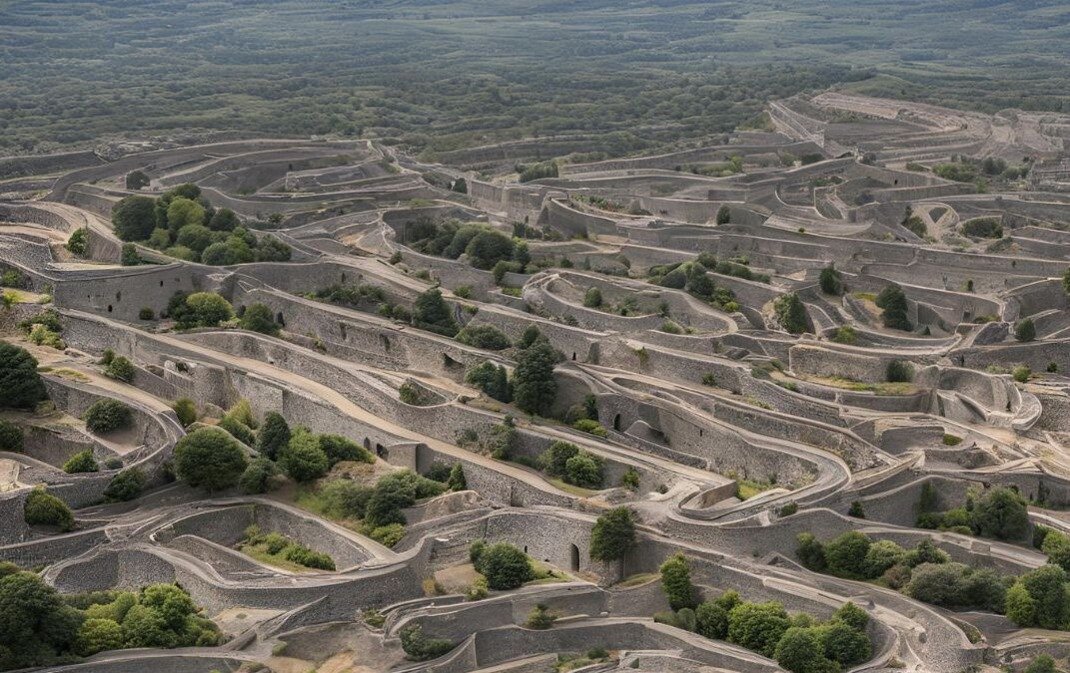 human settlements were found, there were traces of religious worship. This suggests that the concept of a Creator was universally present, which is beyond doubt. These people, isolated in different continents with different languages and cultures, all had an awareness of a Creator. Not only that, they all agreed on the attributes of the Creator—almighty, omnipresent, merciful, etc. How did they all independently arrive at the same concept of a Creator if it was just an invention to scare people?
human settlements were found, there were traces of religious worship. This suggests that the concept of a Creator was universally present, which is beyond doubt. These people, isolated in different continents with different languages and cultures, all had an awareness of a Creator. Not only that, they all agreed on the attributes of the Creator—almighty, omnipresent, merciful, etc. How did they all independently arrive at the same concept of a Creator if it was just an invention to scare people?
The earth's gravitational force is an established fact and has existed since the earth’s creation. Whether this world was created by the Creator or accidentally, gravity has been pulling everything, including every atom in our bodies, towards the earth. This force has never ceased, even for a fraction of a second. Yet humans did not know about this all-encompassing force until Newton discovered it. Why? Didn’t people use their brains before Newton? They certainly did. People built timeless structures like the pyramids but remained completely unaware of gravity until Newton. How could ancient humans universally imagine a Creator with such detailed attributes but remain ignorant of gravity, which directly affects their lives? The answer is that the Creator informed the first humans of His existence and attributes through His messengers, hence people’s knowledge about Him, while He did not reveal the concept of gravity until Newton’s time.
If the Creator had merely created humans and left them without guidance, humans would not have known about Him even today. If they speculated about a Creator, they would not know His attributes. Atheists demand direct, visible proof of the Creator’s existence, yet they believe in many things without such proof. They accept their fathers as their fathers without direct evidence, relying only on circumstantial evidence. Their beliefs about their fathers are inferential, yet they demand direct evidence for the Creator.
would not know His attributes. Atheists demand direct, visible proof of the Creator’s existence, yet they believe in many things without such proof. They accept their fathers as their fathers without direct evidence, relying only on circumstantial evidence. Their beliefs about their fathers are inferential, yet they demand direct evidence for the Creator.
The truth is, the Creator exists, but He will not appear before us or make us believe in Him by exerting His will. Doing so would render human judgment meaningless; we would be just another creation like trees or mountains. Accepting the existence of the Creator is the first step. The question is, can we conceive of Him? He Himself has said, “No, you cannot.” Why not? Because we are created beings with limited capabilities, including our ability to conceptualize; the Creator is infinite. Just as we cannot grasp even a small part of this vast creation, we cannot grasp the Creator. If we struggle to conceptualize a small part of this vast universe, how can we possibly conceptualize the Creator?
Therefore, the eternal problem of humanity—wrongdoing, injustice, wars, and bloodshed, or living in peace—first requires solving the question of whether a Creator exists. We can now surely accept that the Creator, Allah, exists. From now on, this understanding of the Creator's existence and His attributes must be the basis of all thoughts and decisions. Wherever this premise is ignored, the conclusion will be incorrect. Whenever this foundation is forgotten, we will go astray and arrive at wrong conclusions. For example, consider modern space travel. The calculations that took humans to the moon and brought them back are based on Einstein's theory of relativity. Ask any space scientist what would happen if calculations were made without this theory, and they would say everything would be disrupted. The thousands of artificial satellites orbiting the earth and rockets reaching Mars and Venus would not have been possible without using Einstein's E=mc² as a foundation. Similarly, when any calculation or thought process disregards its basis, errors are inevitable. Just as ignoring the theory of relativity would lead astronauts astray in space, disregarding the existence of the Creator will inevitably lead humanity to disaster, as it is today.
Images Related to this Post


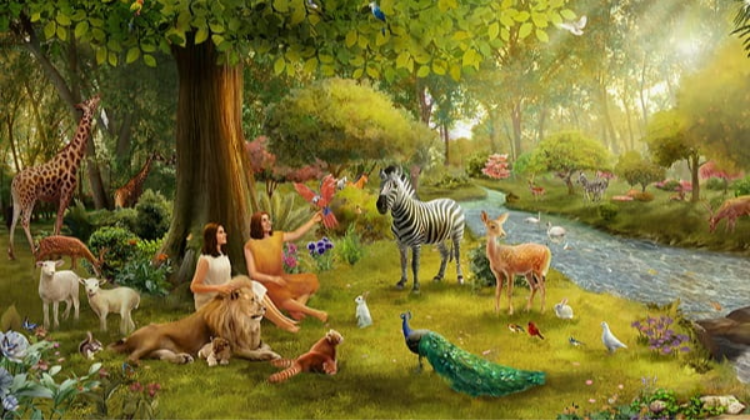
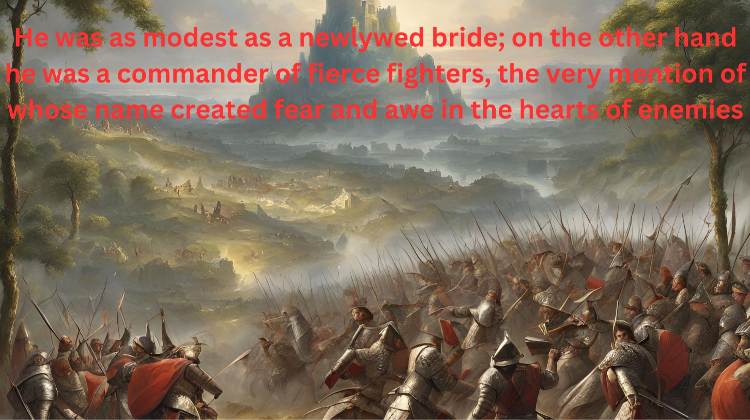



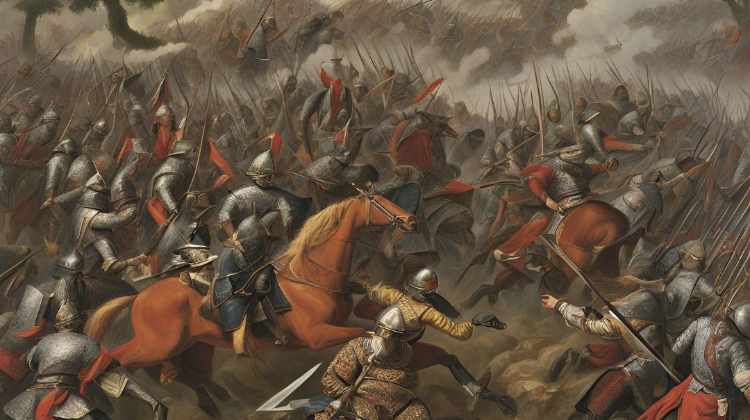
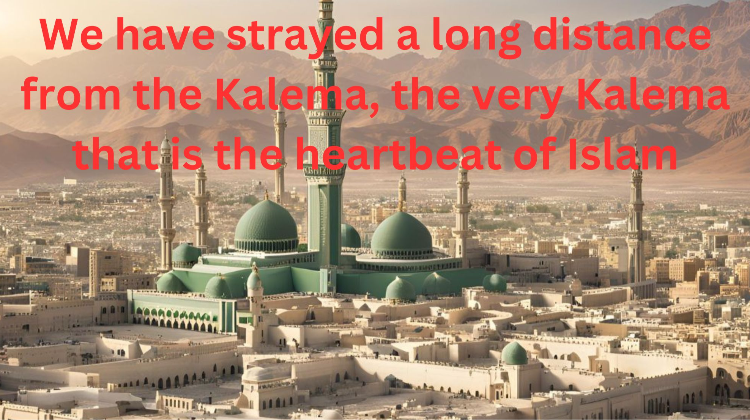
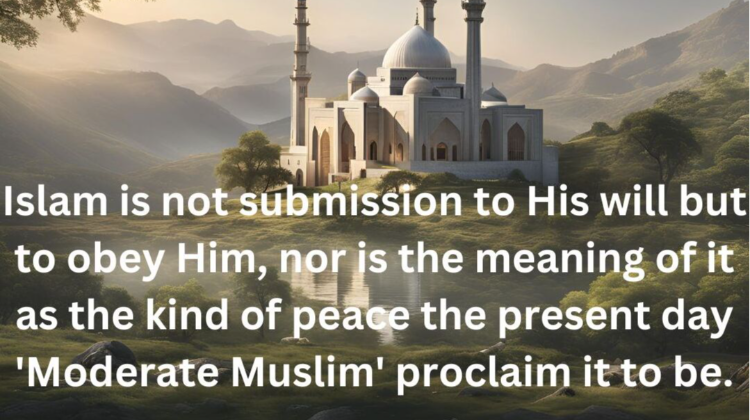
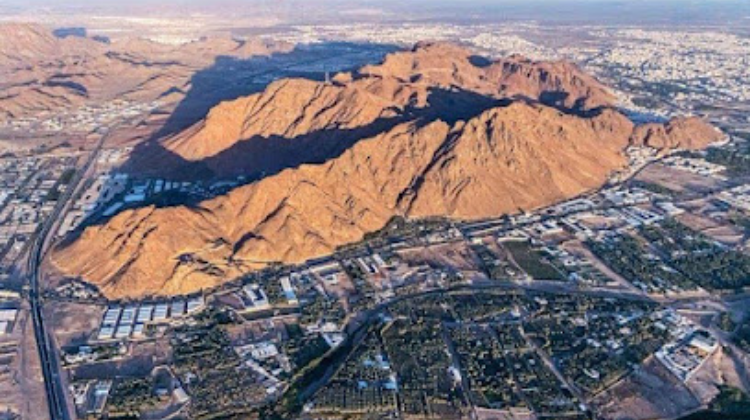
Leave a Comment